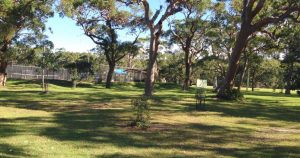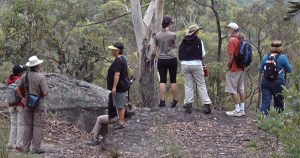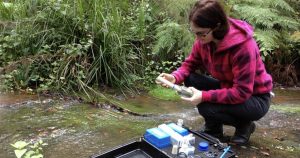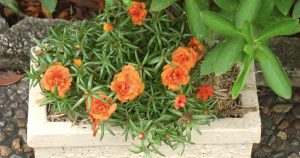Well what a strange summer that turned out to be! While we did not miss the heat and the smoke we have come to expect, the frequent rain did not make it as easy for farmers as one might think.
With the weather beginning to cool down even more and the days shortening, our focus is on what the change of season heralds.
We are busy harvesting the last of the zucchinis, cucumbers, eggplants, capsicums and tomatoes. The tomatoes have been hard pruned – removing all leaves and suckers to focus energy on fruiting. These plants and pruned leaves all go into our compost heaps. Nothing is wasted here at the Farm! The team at Billabong Retreat in Maraylya source all their fresh produce from us and diligently return the scraps so that we can combine them with manure from our cows, fruit and veg waste from the Farm Shop, as well as woodchips and cuttings from our beautiful rural campus.
At the end of February, we ran the third of our Introductions to Backyard Veggie Gardening courses. The attendees got their hands dirty learning about making a new compost heap. At the time of writing this – on a cool raining day, that heap was reaching temperatures well above 50°C! Did you know that the Australian Standard for Composting requires the heap be turned a minimum of three times with the internal temperature reaching at least 55°C for three consecutive days before each turning?
In March we hosted the Biodynamics Sydney group who gathered to begin the process of making transformative biodynamic preparations. Horn Manure (500) is produced during the winter months to use in spring as a fertilising spray.
Looking ahead, the farm team is busy with transplanting salad greens, red and green mustards, choi, kohlrabi, wombok, red and green cabbages, Brussel sprouts, kales, turnips, beetroot and chard, all grown from seed in our nursery. We are also direct sowing snow peas, radish and carrots.








